| I’m a woman. I enjoy novels written by women. Indeed, some of my favourite authors are women, such as Margaret Atwood, Carol Shields, Ann Patchett, Alison Moore. Six of my favourite reads from last year were written by women. So I don’t need to check whether female authors are fairly represented in my reading and reviewing, do I? It’ll just happen, in the natural way of things. |
Welcome
I started this blog in 2013 to share my reflections on reading, writing and psychology, along with my journey to become a published novelist. I soon graduated to about twenty book reviews a month and a weekly 99-word story. Ten years later, I've transferred my writing / publication updates to my new website but will continue here with occasional reviews and flash fiction pieces, and maybe the odd personal post.
|
10 Comments
I’m linking these novels less for the arboreal coincidence of the titles but because each is about the impact of another culture’s approach to death and/or ageing on a Westerner’s life. For the first, six months as a young man deep in the forest of a remote Micronesian island determine the course of his professional and domestic life; for the second, a glimpse of the culture of the Toraja people in Indonesia in middle age helps him mourn the loss of a close friend.
I recently read a translated novella set in 1920s Sicily followed by a novel set in 1970s Northern Ireland. Both evoke the difficulty of leading a moral life in a society in which power has been wrested from the official representatives of law and order into a highly organised but politically unaccountable alternative body, and the stresses on ordinary people of such a regime. In the first, it’s the Mafia that controls the populace; in the second, the paramilitaries, including the IRA.
Can you rewrite your own history and get away with it? That’s what Joseph Silk and Mary Holmes, lead characters in these two new novels, seem to have done. Both have been motivated to avoid traumatic memories – but there are consequences. In Joseph’s case, it’s been the impact on his family; in Mary’s, it’s a lifetime of guilt. Both novels feature a bond between young and old. Both address aspects of the Second World War: Joseph takes his suffering under Nazi-inspired racism in Hungary to his grave; far away in relatively safe Dorset, the backdrop of war pushes Mary to confess. Read my reviews and see whether you sympathise with the decisions they took.
If you’re going on holiday this summer, you might be tempted to take one of these novels with you. The first focuses on the people who entertain and assist the visitors to a Victorian pier at an English seaside resort across a period of over a century; the second on a family taking a long holiday together on the coast of Finland. But, of course, while it might be all smiles and bonhomie on the surface, there are disconcerting undercurrents to keep you turning the page. Let me know which takes your fancy.
When teenagers flee the family home to fend for themselves, they swap one kind of brutality for another. And while their troubled lives will have forced them to develop survival skills in some areas, they are often more vulnerable than their peers in others, such as emotional literacy. But real-life tragedy can make engrossing fiction as you’ll find if you let the young narrators of these two novels lead you into the wilderness: Jaxie in Western Australia and Sal and her younger sister in Scotland. For real-life youth homelessness, mostly in urban areas, Centrepoint (in the UK) is worth supporting.
Three translations came my way recently, each of which considers crime in a moral context. The two novellas are the work of now deceased European authors while the short novel comes from a contemporary writer. While one is a comedy and the others deadly (pun intended) serious, they collectively address the causes and consequences of the ultimate crime. In one, it begins as an accident and becomes an addiction; in another, it’s endemic in the destructive forces released through war; in the third, it’s the end result in a chain of selfish actions. While one ends in pessimism and another brings hope and redemption, in a third, the narrator gets what he wants in an unexpected way. I’m not saying which is which, but listing my reviews in the order I read them. I wonder which you would prefer.
|
entertaining fiction about identity, mental health and social justice
Annecdotal is where real life brushes up against the fictional.
Annecdotist is the blogging persona of Anne Goodwin:
reader, writer, slug-slayer, tramper of moors, recovering psychologist, struggling soprano, author of three fiction books. LATEST POSTS HERE
I don't post to a schedule, but average around ten reviews a month (see here for an alphabetical list), some linked to a weekly flash fiction, plus posts on my WIPs and published books. Your comments are welcome any time any where. Get new posts direct to your inbox ...
or click here …
Popular posts
Categories/Tags
All
Archives
March 2024
BLOGGING COMMUNITIES
|
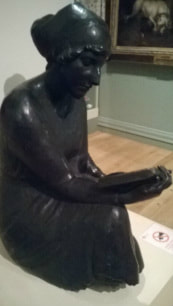

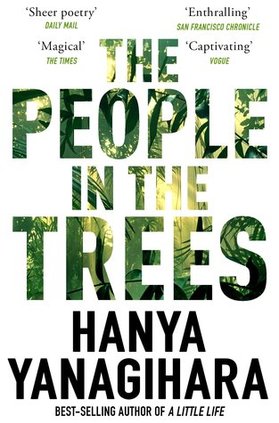
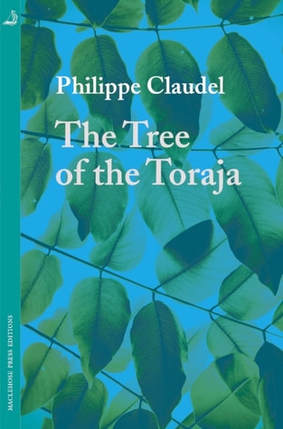

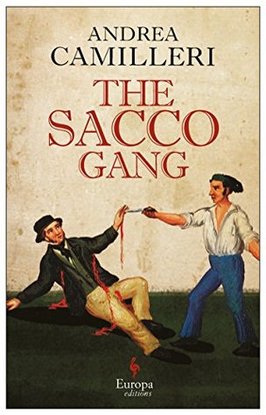


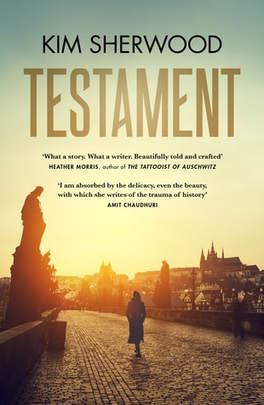
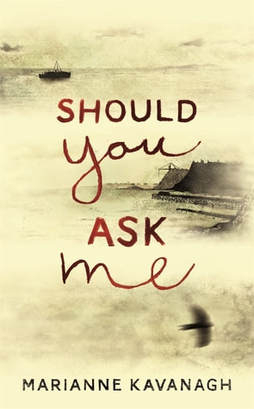
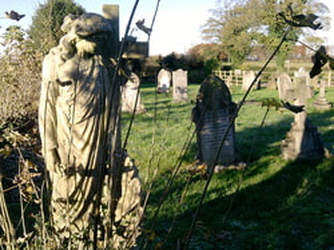
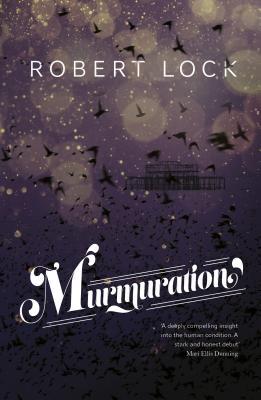
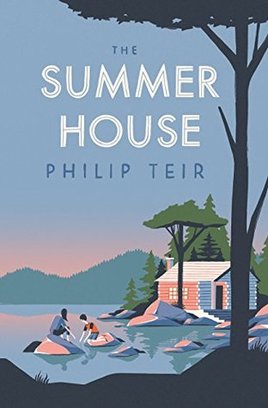
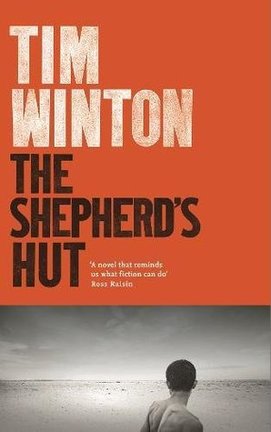
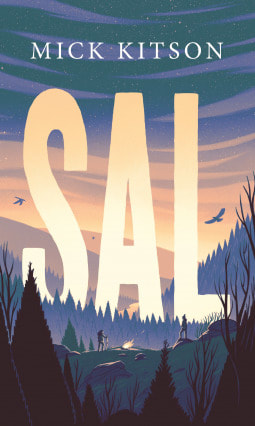
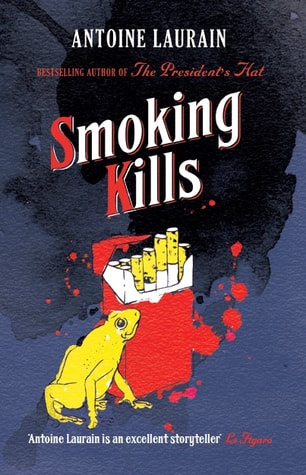
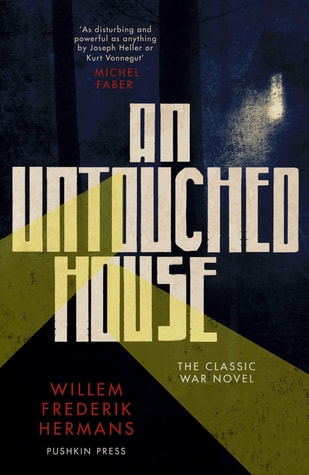
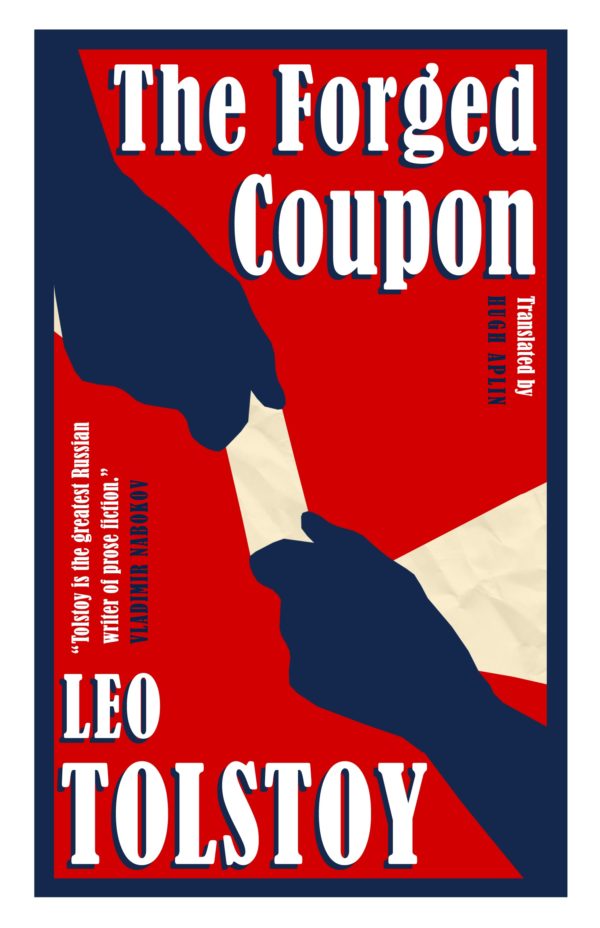





















 RSS Feed
RSS Feed





















